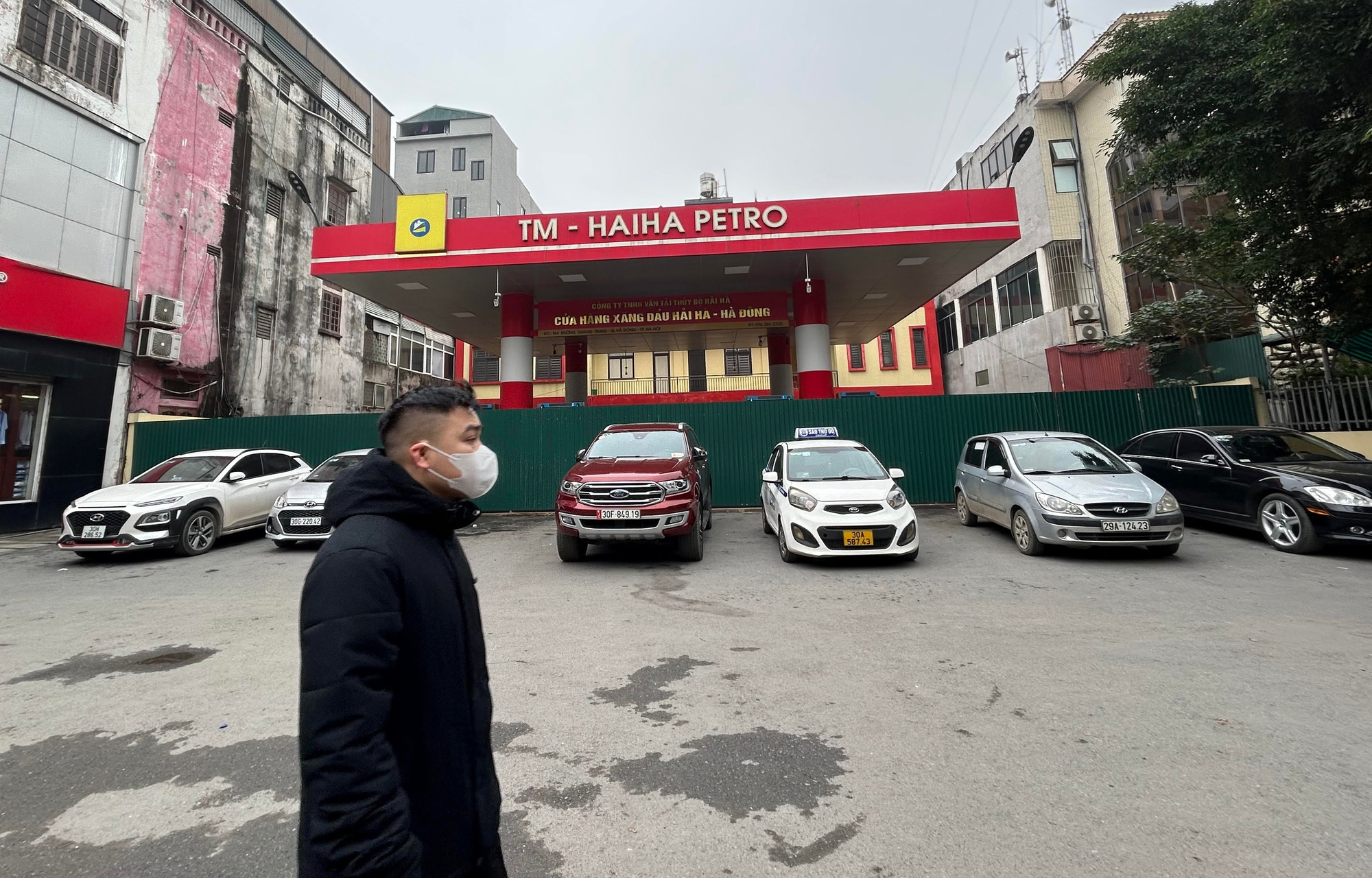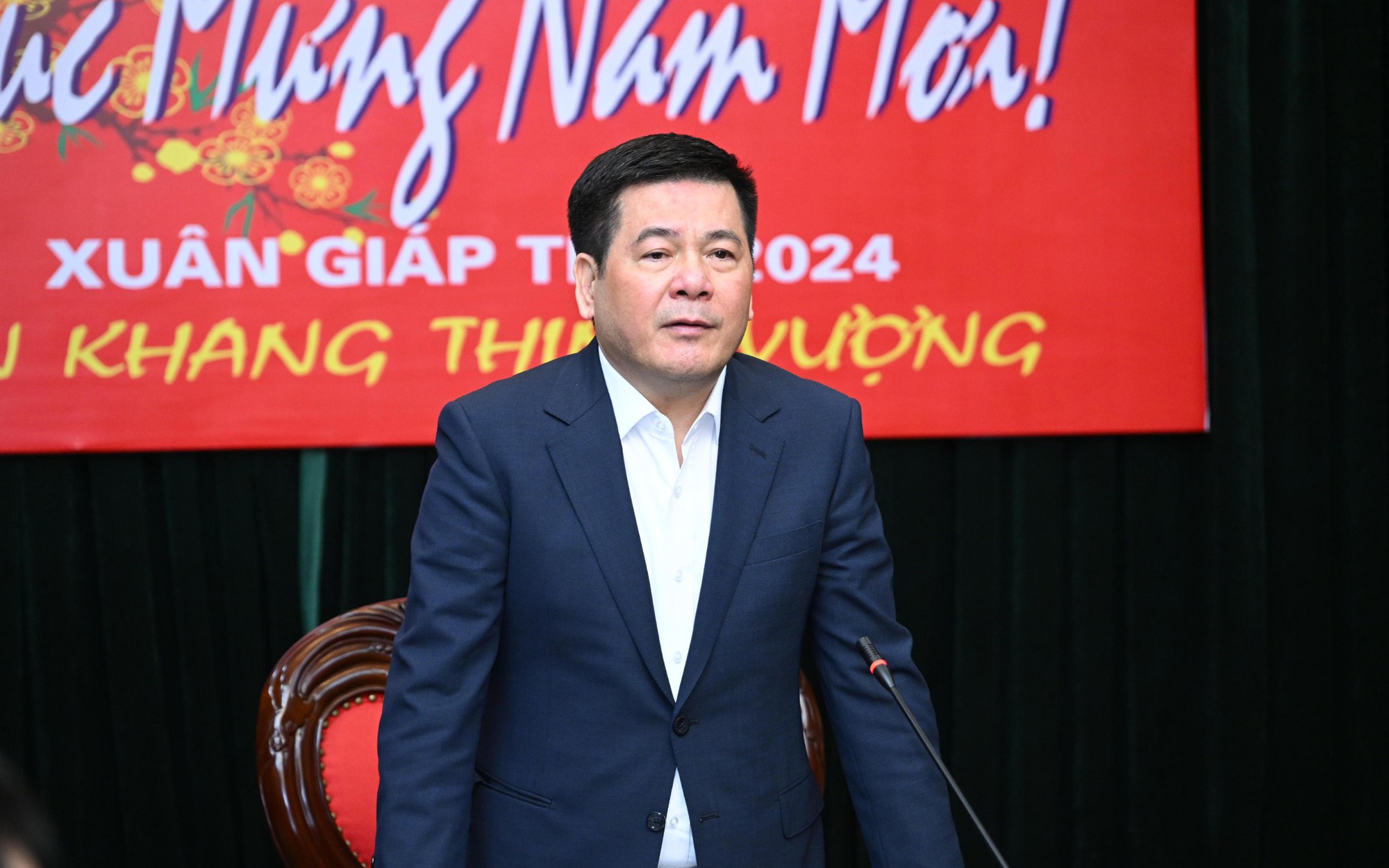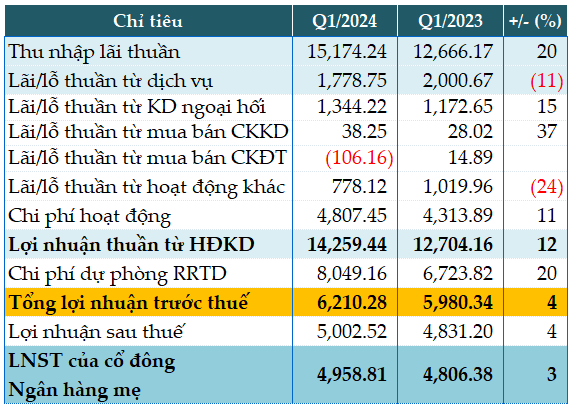Following a series of shortcomings in the management and use of the Petroleum Price Stabilization Fund, pointed out by the Government Inspectorate, the state management agencies are stepping up their inspections and control over the fund to ensure transparency and openness by 2024 and beyond.
Unable to recover the fund
According to the latest information related to violations in the management and use of the Petroleum Price Stabilization Fund, the Ministry of Industry and Trade has recently requested Hai Ha Waterway Transport Co., Ltd (Hai Ha Petro) to pay the fund’s outstanding debt of over VND 600 billion and late payment interest into the state budget after more than 1 month of no response from the enterprise.
Previously, the Ministry of Industry and Trade sent a letter to Xuyen Viet Oil Trading and Tourism Co., Ltd, requesting the payment of over VND 200 billion owed to the Stabilization Fund. The Price Management Department – Ministry of Finance has also sent multiple letters requesting Xuyen Viet Oil to transfer the entire balance of the Stabilization Fund at the enterprise to the state budget, and at the same time, submit copies of the payment documents to the Ministry of Finance (Price Management Department) and the Ministry of Industry and Trade (Domestic Market Department) as regulated by law.
However, to date, the functional agencies have not received any information on the implementation of the transfer of the balance of the Stabilization Fund from the two aforementioned enterprises. These are two large oil companies that were found to have violated the related fund by the Government Inspectorate.
On February 27, in an exchange with a reporter from Bao Nguoi Lao Dong, Mr. Pham Van Binh, Deputy Head of the Price Management Department – Ministry of Finance, stated that these businesses fall under the category of recovering the Petroleum Price Stabilization Fund into the state budget. Previously, the Ministry of Finance also repeatedly requested and urged businesses to implement the payment of the Stabilization Fund to the state budget.
According to Mr. Pham Van Binh, these oil-trading businesses are involved in a number of cases that are under investigation. Therefore, the implementation of enforcement measures and recovery needs to be coordinated with relevant parties in accordance with the prescribed processes and regulations. Regarding the Ministry of Finance, Mr. Binh stated that they will implement measures according to their functions and tasks to recover the Stabilization Fund into the state budget.

A petrol station in Hanoi operated by Hai Ha Petro has temporarily suspended operations.
Risk of businesses misappropriating the fund
According to the regulations in Decree 95/2021 of the Government on petroleum trading, the Petroleum Price Stabilization Fund is established at enterprises when the Ministry of Industry and Trade grants a business license to a representative enterprise. However, this leads to the risk of businesses misappropriating the fund.
This is the concern of National Assembly member Pham Van Hoa, a member of the Legal Committee of the National Assembly. According to Mr. Hoa, the Petroleum Price Stabilization Fund is a fund outside the state budget, formed from the amount deducted from each liter of petroleum purchased by the people. However, it is not reasonable to keep the fund in enterprises. Therefore, it is necessary to thoroughly consider this issue in the upcoming revision of the regulations on petroleum trading, and consider placing the fund under the management of the Ministry of Finance or the Ministry of Industry and Trade.
The management of the Petroleum Price Stabilization Fund is showing signs of looseness, and supervision work has not been focused on. As a result, there are businesses that have misappropriated hundreds of billions of dong from the fund.

Minister Nguyen Hong Dien: Will amend Decrees 83, 95, and 80 on petroleum tradingREAD NOW
In response to the existing problems related to the Petroleum Price Stabilization Fund, economic expert Dr. Ngo Tri Long believes that in addition to reports from representative businesses, the Ministry of Finance and the Ministry of Industry and Trade need to enhance supervision of the establishment and use of the fund in order to promptly detect any irregularities and prevent and handle violations.
In order to overcome the shortcomings in the management and use of the Petroleum Price Stabilization Fund in the past, the Ministry of Finance stated that it will strengthen inspections and supervision of leading petroleum businesses in implementing the regulations on establishing and using the fund.
In the face of leading businesses misappropriating the Petroleum Price Stabilization Fund, the Ministry of Finance stated that in the future, it will coordinate with the State Bank of Vietnam and commercial banks – where petroleum businesses open accounts for this fund – to monitor the use of the fund accounts. Through this, it will promptly discover any unusual money flows in and out of the accounts of the Petroleum Price Stabilization Fund.
Repeated violations will result in revocation of the license
According to Mr. Pham Van Binh, the leading petroleum businesses are responsible for organizing the establishment, use, and management of the Petroleum Price Stabilization Fund, as well as reporting and publicizing according to the provisions of Decree 80/2023 and the guidance of the Ministry of Finance.
In the event of violations by leading petroleum businesses, penalties will be imposed based on the severity of the offense. In cases where administrative violations have been punished multiple times, the businesses will be considered for either temporary suspension of business or revocation of the certificate of eligibility as leading petroleum businesses.









































